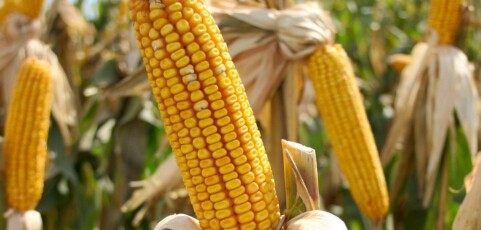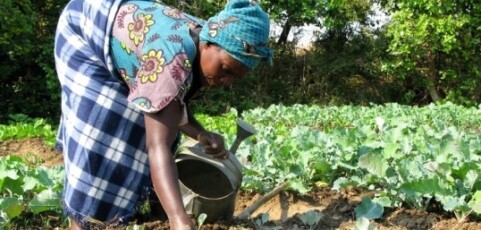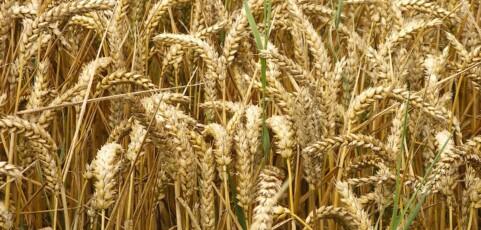Environment and Development Series No. 15.
This booklet is a portrait of a unique participatory learning project involving farming communities in the Rwenzori region of Western Uganda. The project brought rural households together in ‘Farmer Family Learning Groups’ (FFLGs) with the aim of enhancing community food security.
This booklet looks at the guiding principles behind the project, how it has worked in practice, the successes achieved and the challenges faced.
Ecological Agriculture, Climate Resilience and a Roadmap to Get There
Environment and Development Series No. 14.
This paper looks at how ecological agriculture, by building healthy soils, cultivating biological diversity and improving water harvesting and management, can strengthen farmers’ capacity to adapt to climate change. Accordingly, the authors call for a reorientation of policy, funding and research priorities from the dominant industrial agriculture model to ecological agriculture.
Organic farming: the successful story of Mr. Chidumula Nkhata
Read MoreClimate Resilient Agriculture: Experiences from Action Aid and its partners
It is based on the identification of the major risks and challenges local communities face, and/or are likely to face in the near future, and on the design and implementation of site-specific adaptation strategies aimed at reducing vulnerabilities and increasing the resilience of the smallholder production systems. SEE ALSO http://www.actionaid.org/publications
Escaping the Hunger Cycle. Pathways to Resilience in the Sahel
Interesting experience of Famers Managed Natural Regeneration (FMNR) as transition to ecological farming, particularly in the Sahel. The network “Africa Regreening Initiative” is actively developing innovative ways to scale out this approach and other agreoecological techniques, across the Sahel and beyond.
Soil and Water Management Techniques for Plant Resources Conservation in the Northern Burkina Faso
Agriculture in the Sahelian zone is essentially rainfed. Due to frequent droughts and land degradation, it is more and more difficult for crops to have enough water during their growing period. Farmers of this region have developed several soil and water management techniques…
Farmers’ Selection, Environmental Variation and Sorghum Genetic Diversity in Ethiopia
Farmers’ knowledge is critical for conserving and using genetic diversity of farmers’ varieties (landraces) of sorghum in Ethiopia.
Gender and Alfalfa Improvement in the Oasis Area, Ziz Valley, Morocco
Sheep production in the Oasis Area of Morocco’s Ziz Valley is limited by alfalfa forage productivity. As women manage most alfalfa, improvement demands the participation of women farmers in the research and development process
Highlights on Scaling Up of the IBS Program in DRC
The Integrated Bioeconomy System (IBS) as developed and practiced by Bioeconomy Africa is a process of farmer training based on sound ecological principles which, through minimal external inputs, results in dramatically increased farm yields. It was initiated in Ethiopia. Currently over forty thousand model farmers from various parts of Africa have been trained.










